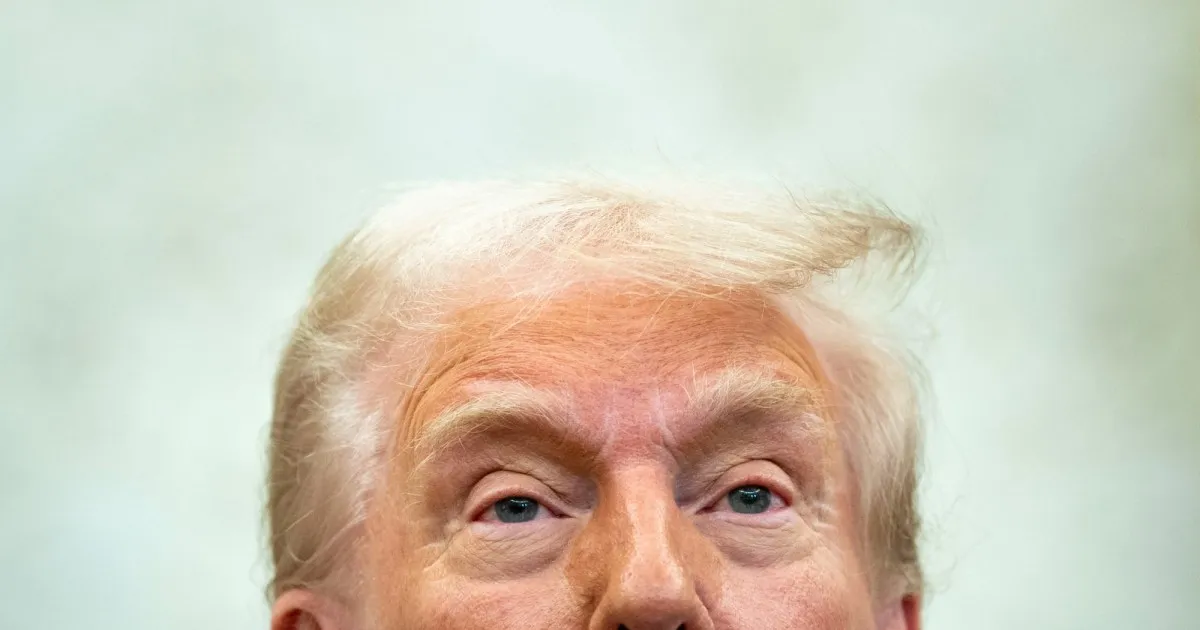
In the ongoing debate about birthright citizenship, it’s important to reflect on historical perspectives and legal precedents. In 1995, Walter Dellinger, then–Assistant Attorney General, testified before Congress regarding proposed legislation that aimed to deny automatic citizenship to certain immigrant children born in the United States. Dellinger asserted that such a bill was “unconstitutional on its face,” emphasizing that altering birthright citizenship would not only contradict the country’s traditions but also create a permanent underclass of individuals born in America yet unable to claim citizenship.
Dellinger warned that tampering with birthright citizenship could lead to the establishment of a "caste of aliens," where generations of American-born children would be denied the rights associated with citizenship. He firmly stated, “To have citizenship in one’s own right, by birth upon this soil, is fundamental to our liberty as we understand it.” Fast forward thirty years, and the Trump administration's executive order seeks to challenge this fundamental principle by stripping birthright citizenship from the American-born children of undocumented immigrants and visa holders.
To understand the current controversy over birthright citizenship, it’s crucial to examine the origins of the 14th Amendment. This amendment was born from the post-Civil War era as a direct response to the Dred Scott Supreme Court ruling of 1857, which denied citizenship to enslaved people. The framers of the 14th Amendment aimed to rectify this injustice by explicitly stating that anyone born on American soil is a citizen.
During the deliberations of the 14th Amendment, Congress members addressed concerns about various groups, including gypsies and Chinese immigrants. Their consensus was clear: anyone born in the United States would be granted citizenship, reflecting a commitment to inclusivity. This decision was made to ensure that American-born children, regardless of their parents’ origins, would not be excluded from the rights of citizenship.
Legal experts like Carol Nackenoff, a Political Science professor at Swarthmore College, argue that Trump’s executive order could enforce a caste system in the United States. The 14th Amendment embodies the principle of equality among all born on American soil, and any deviation from this principle introduces a dangerous hierarchy based on citizenship status.
Should the executive order take effect, individuals born after a certain date could face significant repercussions. They might be denied essential documents such as social security numbers, passports, and driver’s licenses, creating a class of individuals who live in fear and uncertainty. This situation could lead to countless American-born children being treated like undocumented residents, despite their birthright.
The movement to abolish birthright citizenship is not new, but the current political climate, particularly under Trump’s administration, has intensified these discussions. Factors contributing to this shift include a rise in immigration, growing ethno-nationalism, and societal anxieties regarding demographic changes projected for the coming decades. As the United States approaches a majority-minority status by 2050, fears and resistance are mounting among segments of the population who feel threatened by these changes.
Wong Kim Ark, born in the United States to Chinese parents in the 1870s, is a pivotal figure in discussions about birthright citizenship. His case reached the Supreme Court when he was denied re-entry into the U.S. after visiting China. The Court ruled in favor of Wong Kim Ark, affirming that he was a citizen by birth under the 14th Amendment. This landmark decision emphasized the simplicity of the amendment's language and reinforced the notion that citizenship should not be contingent on one’s parentage.
Trump’s executive order has provoked numerous legal challenges, with lower courts blocking its implementation. As the legal landscape evolves, there are concerns about how the Supreme Court might rule on the matter. The current court has yet to question the Wong Kim Ark precedent directly, but arguments against birthright citizenship could gain traction, especially with the current political climate favoring stricter immigration policies.
Legal scholars remain vigilant, noting that while Congress has not made significant changes to birthright citizenship laws since 1993, the introduction of amendments reflecting Trump's executive order could signal a shift. The outcome of this ongoing debate will have profound implications for the future of citizenship in the United States, potentially redefining who is considered an American.